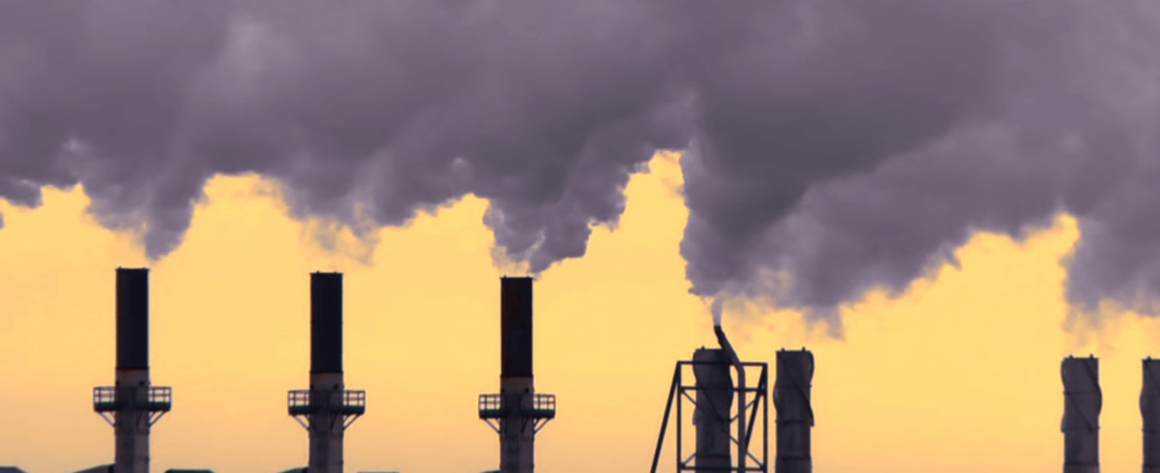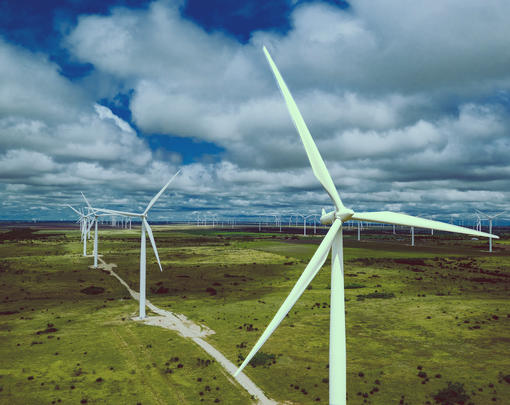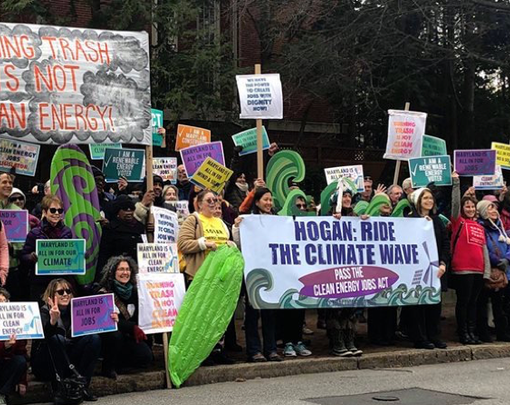In this short video, economist and social theorist Juliet Schor explains the systemic connection between the growth-fueled climate crisis and the need to tackle increasing economic inequality.
Transcript:
Well, I think it’s fair to say that we’re in a structural crisis for the following reason: there are two very large problems that the system faces. The first is climate change, global warming and the fact that the ordinary operation of our economy creates levels of greenhouse gases which are incompatible with a functioning planetary ecosystem. The US in particular, has admitted very large amounts of greenhouse gases, so we’ve got a rapidly decelerate our emissions.
That runs into a conflict with the other major problem of our system which is that it’s generating enormous levels of inequality as well as economic deprivation and hardship for large numbers of people, those two things are related.
You could have an equality in a situation where everybody pretty much has a reasonable standard of living, but what’s happened is that the rapid movement of wealth to the very top has been at the expense of people throughout the income distribution so we have now very large numbers of people in poverty, we have very high unemployment and underemployment, we have large numbers of people just struggling to make their basic needs like food and shelter and so forth.
The reason I say it’s a systemic crisis or a structural crisis is that typically the solution to that economic problem is to expand the economy, but that makes the climate problem much worse because emissions move pretty closely with economic activity, so we’ve got to find a new path that allows us to solve both climate and economic deprivation at the same time. And we can only do that with a whole different kind of system.




